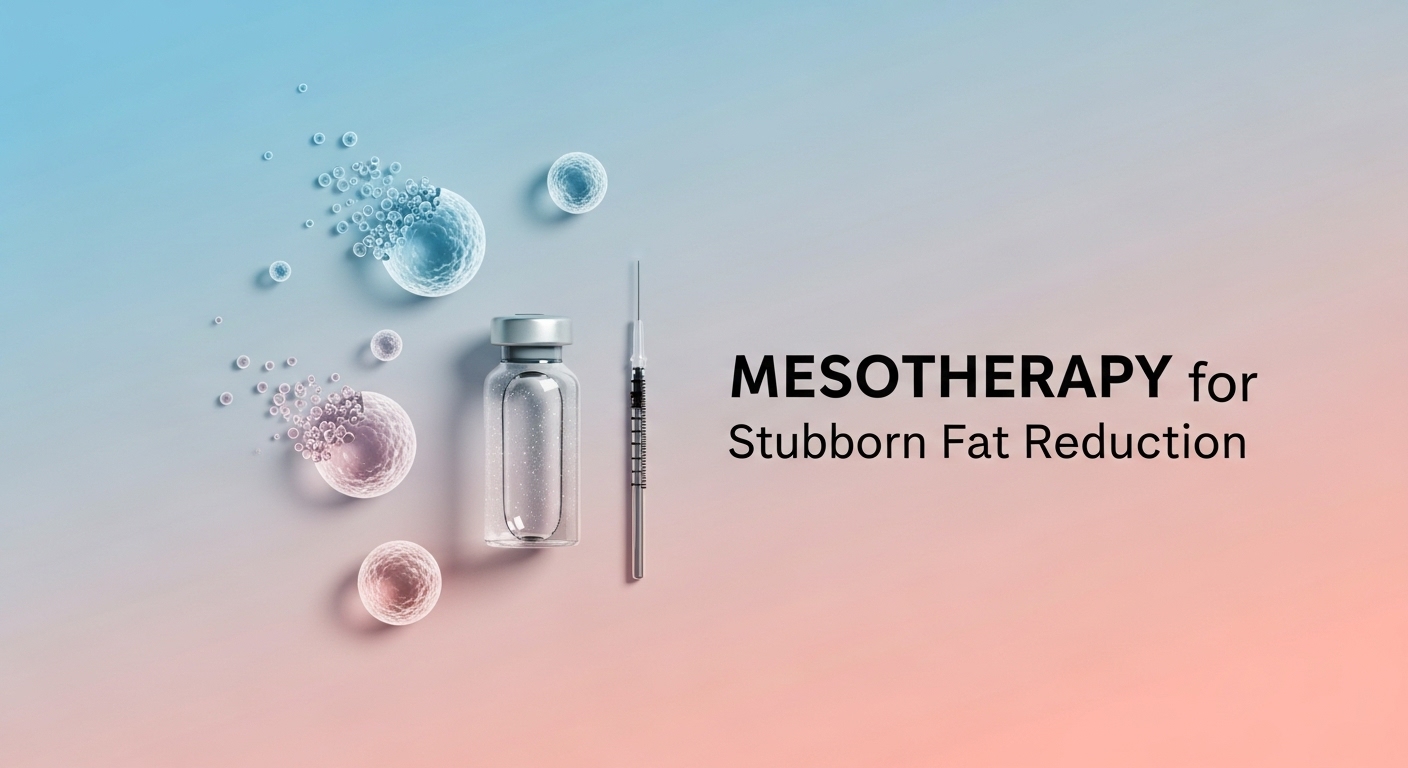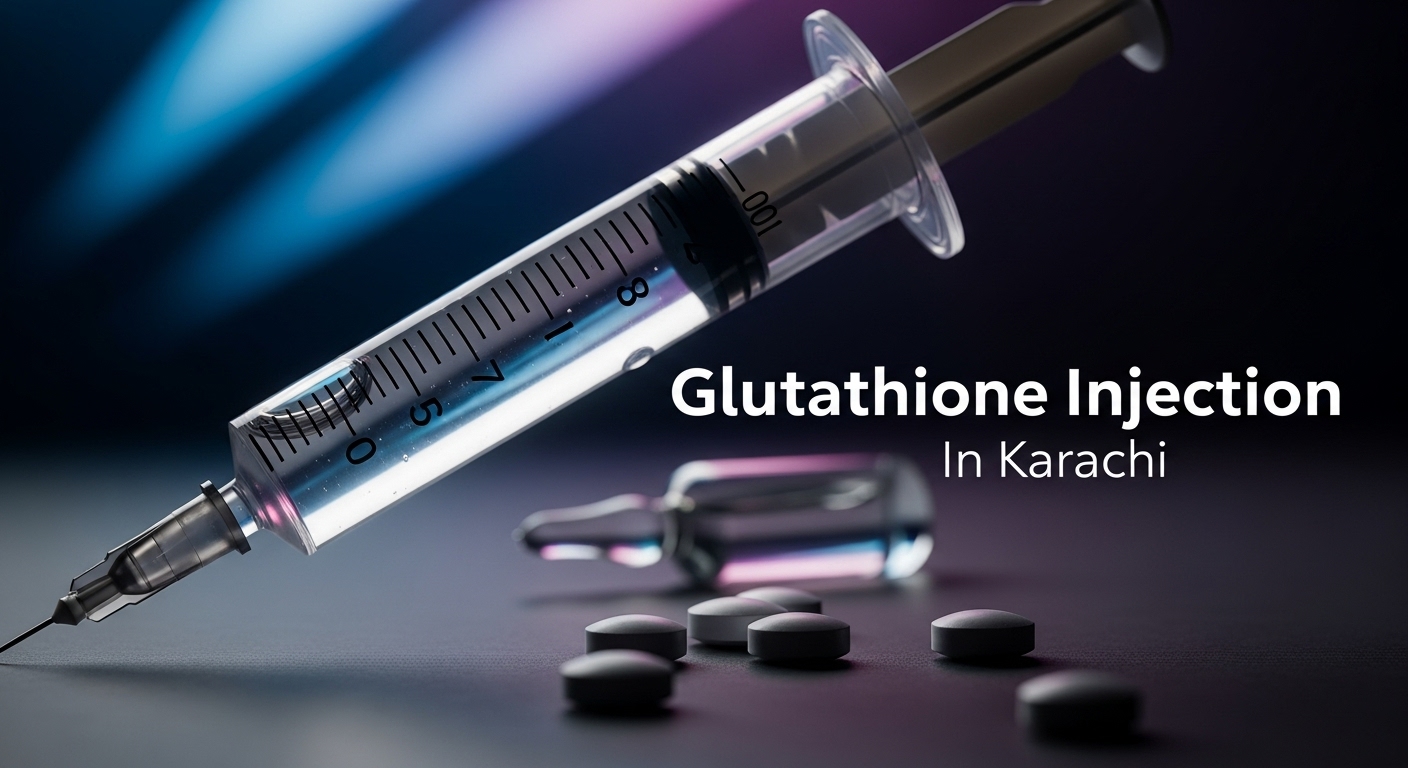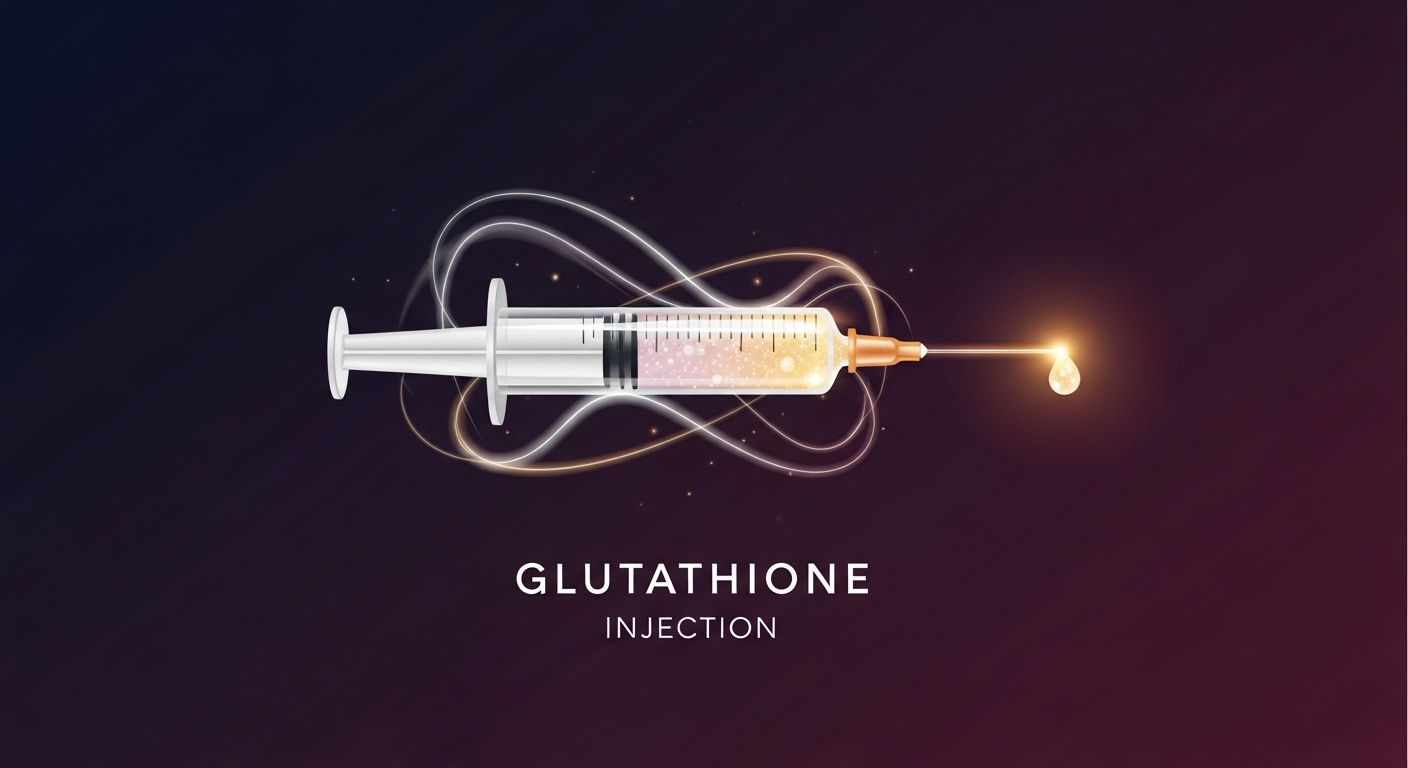
Why You Should Consider Vitamin C Treatments for a Healthier, Brighter You
- abdurehman
- 47 views
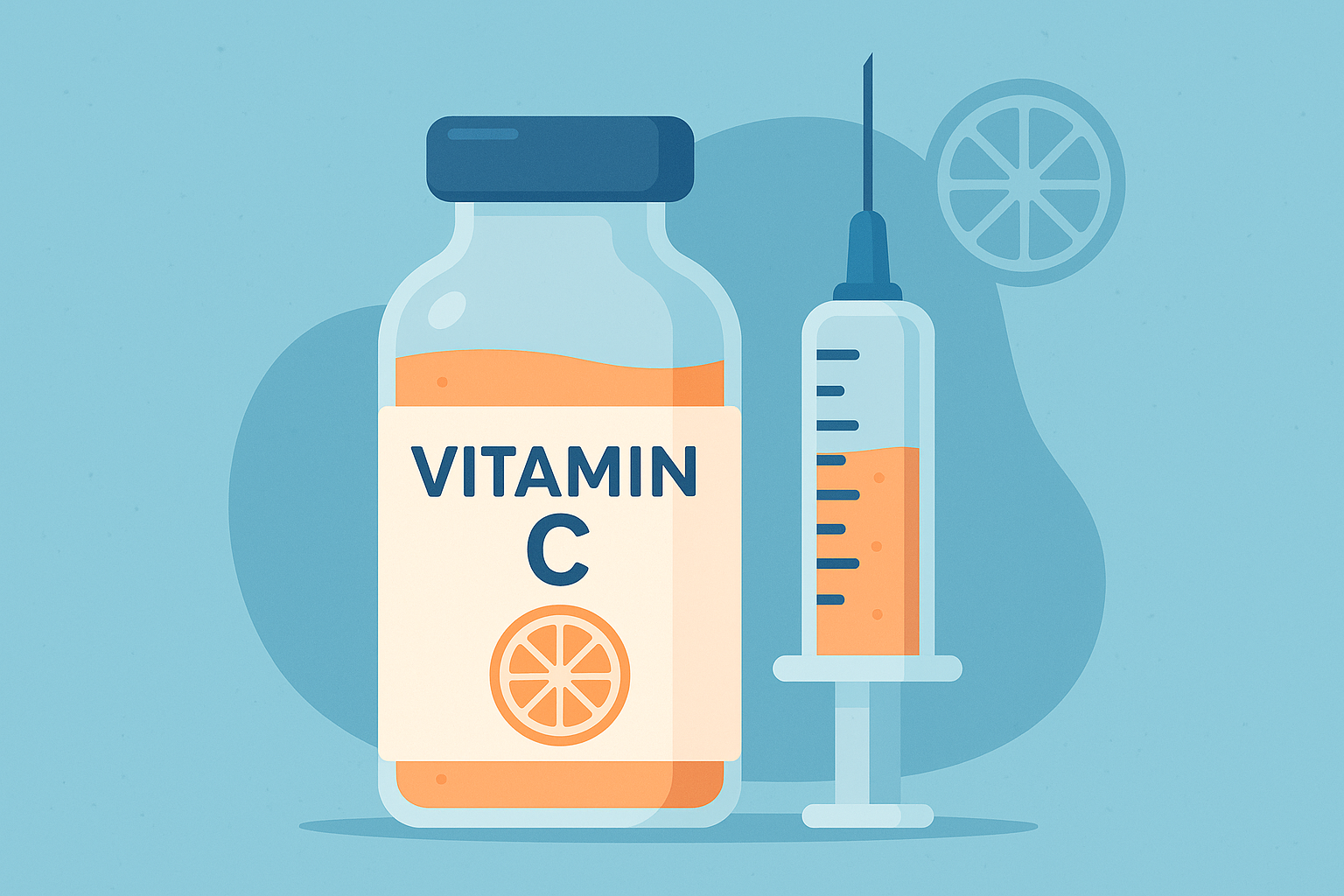
Vitamin C is a long-time rock-star nutrient, necessary for a healthy immune system, promoting collagen production to support strong skin and overall health. Most of us consume our daily dose of the nutrient via citrusy fruits, veggies or oral supplements, but vitamin C infusions are garnering attention as a more direct delivery system. But are these trendy injectable treatments worth your time, or should you continue to rely on traditional supplements?
This complete guide covers all you need to know about vitamin C injections, including what they can and can’t do, safety concerns, and how to locate a properly qualified provider in your area.
What Are Vitamin C Injections?
These are the ascorbic acid doses that are injected straight into your blood vessels, either in a muscle or vein. Because injectable vitamin C treatments need not pass through your digestive system they go straight to the bloodstream so that much higher levels of this essential nutrient can get to your cells than if you are relying wholly on taking it by mouth.
These injections are normally given in a medical office and dosages can be from 500 mg to several grams depending on the desired effect. The injectable form also results in nearly 100% bioavailability, so nearly everything you take of the vitamin C dose is being used by your body.
Benefits of Vitamin C Injectable
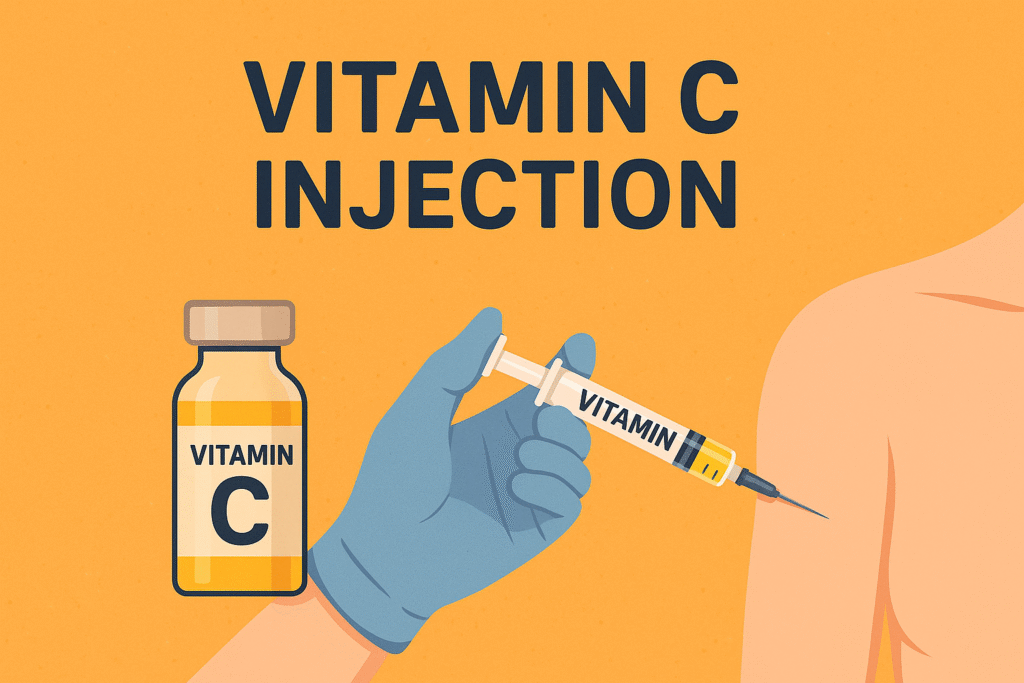
Enhanced Immune System Support
Vitamin C is essential for immunity, as it has been shown to support a host of cellular functions of both the innate and acquired immune systems. One advantage clinical IV vitamin C has over oral supplements is that it offers a quicker way to give the immune system a large, concentrated dose of vitamin C one that it may desperately need to help fight off an illness or stress.
Improved Collagen Production
Vitamin C is a necessary cofactor for the collagen synthesis required for healthy skin, joints and connective tissues. Some also get vitamin C infusions for the perceived anti-aging benefits, thinking that higher doses might increase the production of collagen more than oral supplements.
Now, vitamin C is certainly vital for the production of collagen, but the body can only use so much of the stuff at a time, whether it arrives via liposomal encapsulation or oral ingestion, period.
Potential Antioxidant Effects
It encourages the production of the white blood cells, which in turn fend off other viruses.But beyond that, Vitamin C is an antioxidant that can help protect the cells in your body from damage by free radicals. Injectable vitamin C however, may potentially supply added antioxidant support, and this could be particularly useful when oxidative stress is increased, for example during illness or after strenuous exercise.
Energy and Mood Support
A few people say they feel more energized and upbeat after a vitamin C doses, but scientific evidence for the apparent mood and energy boost is scarce.These subjective improvements occur is subject to speculation, but the placebo effect could be a major factor.
Who Would Benefit from Vitamin C Injections?
Injectable vitamin C treatments may be beneficial for certain groups of people:
Those who have absorption problems: If you have gastrointestinal issues, like Crohn’s disease, or if you have ulcerative colitis, you might have issues absorbing oral vitamin C supplements efficiently.
Those who have a severe deficiency: People who have scurvy or worse vitamin C deficiency may need intravenous treatments to correct their levels more quickly.
For those seeking higher therapeutic doses: Some alternative medicine providers offer high-dose vitamin C shots as an adjunctive treatment for certain conditions, though it’s controversial in the conventional medical community.
Those with special needs: Those under stress, have had surgery, or are ill long term may have additional vitamin C needs.
Potential Risks and Side Effects
Though vitamin C in any dose is generally safe and well tolerated, injecting anything involves added risks that oral supplements do not:
Reactions at the injection site: You may experience pain, swelling, or bruising at the injection site.
Kidney stone development: When taken at high doses, vitamin C boosts oxalate production, which increases the risk of kidney stone formation in sensitive individuals.
Iron toxicity: Vitamin C improves iron absorption a problem for those with hemochromatosis.
Glucose meter readings: Intake of 500 mg/day of vitamin C may in fact have significant effects on blood glucose test results, possibly causing over-estimations of glucose in type 2 diabetics.
Allergic reactions: In rare cases, people may develop an allergic reaction to injected vitamin C or to the preservatives in the solution.
Where Can I Discover Vitamin C Injections Near Me?
If you’re exploring vitamin C infusions, it’s important for your safety to locate a qualified provider. Here’s what to look for:
Certified healthcare professional: You should only be doing injections with licensed medical professional’s doctors and nurse practitioners or RNs supervised by a doctor.
Well-reviewed clinics: Find reputable medical practices, wellness centers or IV therapy clinics with positive reviews and the appropriate therapy certifications.
Responsible screening: Qualified providers will ask about your medical history, current medications and health over all before giving you any shots.
Sterile: clinic should follow adequate sterile techniques and utilise pharmaceutical-grade vitamin C solutions.
Injectable Vs Oral Vitamin C
Whether you prefer injectable or oral vitamin C depends on your individual situation as follows:
Bioavailability: Vitamin C given as an injection is almost 100% absorbed, as opposed to less than 30% of oral supplements in some instances.
Convenience: Oral supplementation method are more convenient and can be taken at home and injections require clinic visits.
Safety and side effects: Vitamin C as a whole has a long history of safe use; however, also as a whole, injections have additional safety considerations.
Therapeutic uses: It prevents scurvy at an adequate level for most people, oral vitamin C supplements, best contribute for health maintenance.
What to Expect During Treatment?
So if you do want to go for a vitamin C doses, here’s what to expect:
Consultation: Your provider will go over your medical history and talk with you about what you hope to achieve.
Health screening: Simple health screenings could involve checking blood pressure and asking about current medications.
How its administered: The injection itself only takes a few minutes, usually in the arm or the bum.
Observation: You will, generally, be kept in the clinic for a short time to make sure there are no immediate reactions/side effects involved.
Conclusion
Vitamin C infusions just so happen to be a single route in the world of nutritional supplementation. Although they may provide some benefit in some specific situations, they are not essential for the majority of healthy people who can get enough vitamin C from diet and oral supplements.
If you’re considering injectable vitamin C treatments, it might help to talk to a healthcare professional who can help you compare possible benefits with risks and costs. They can also help you decide whether you can benefit from testing your existing approach to vitamin C before you begin on any supplementation plan.
It’s important to keep in mind that health is holistic and includes eating the right foods, getting enough rest, managing stress and exercising regularly. While there may be a time and a place for a vitamin C injection, they are only one part of the wellness puzzle.
FAQs
What are vitamin C injections, and how do they work?
They allow your body to absorb ascorbic acid quickly in a safe and convenient way, such as via intramuscular (IM) or intravenous (IV) delivery from varying compositions of injection product. This skips the digestive system, which means the active ingredients are absorbed directly into the bloodstream much more rapidly than oral supplements.
What are the advantages of vitamin C shots?
The benefits include extra immune support, more collagen production for better skin, antioxidant properties, and even potential energy and mood boosts.” But the result could be different in every case.
Are vitamin C injections safe?
Vitamin C shots are safe when given by a certified health care provider. Although in rare circumstances they may trigger side effects including injection site reactions, kidney stones and allergies.
Who needs Vitamin C shots in Pakistan?
It may be useful for people with a deficiency or in whom it is difficult to absorb the vitamin, and for those who have higher needs because they are under stress, ill or have had surgery. Others want injections to help with skin health and anti-aging.
Is there an injection of vitamin C in Pakistan?
Yes, these injections are offered in Pakistan in some wellness centers, dermatology centers and few hospitals. Make sure to select a licensed and trustworthy provider.

